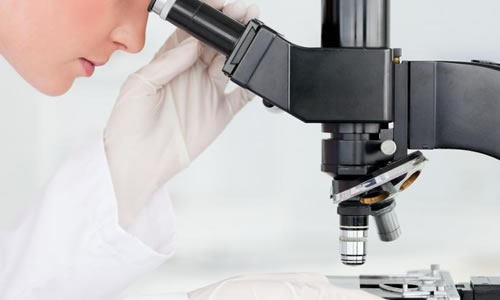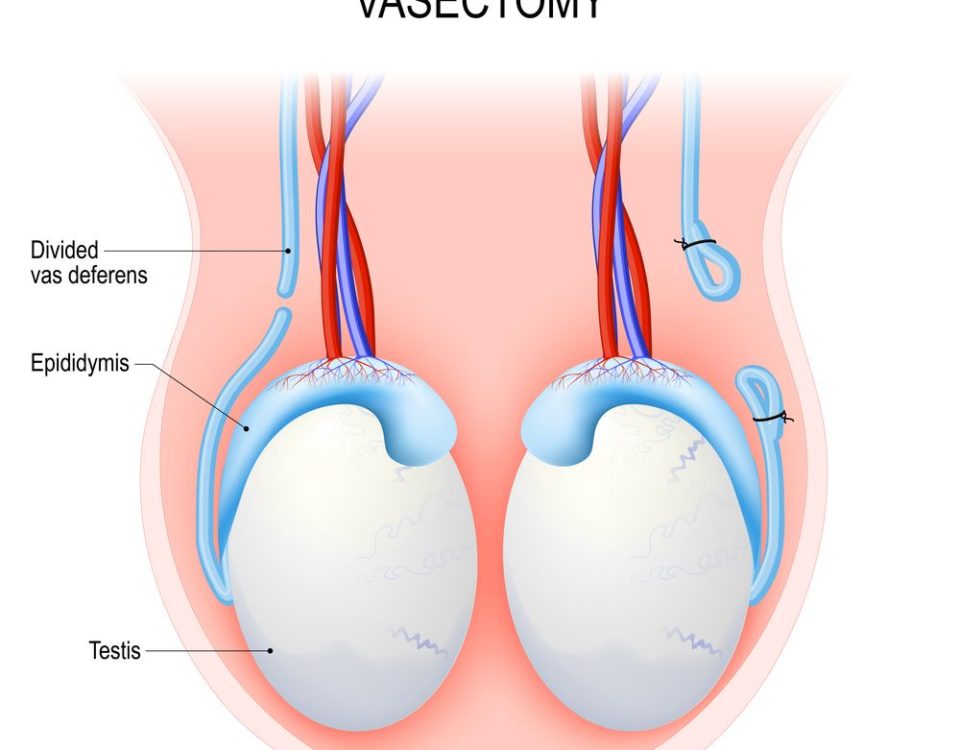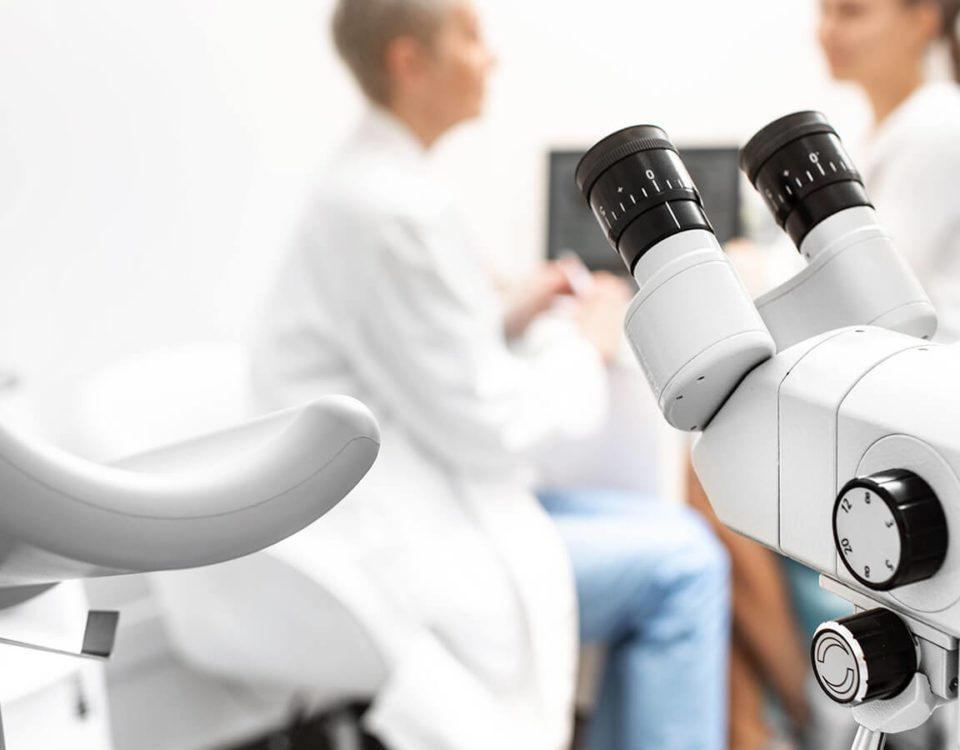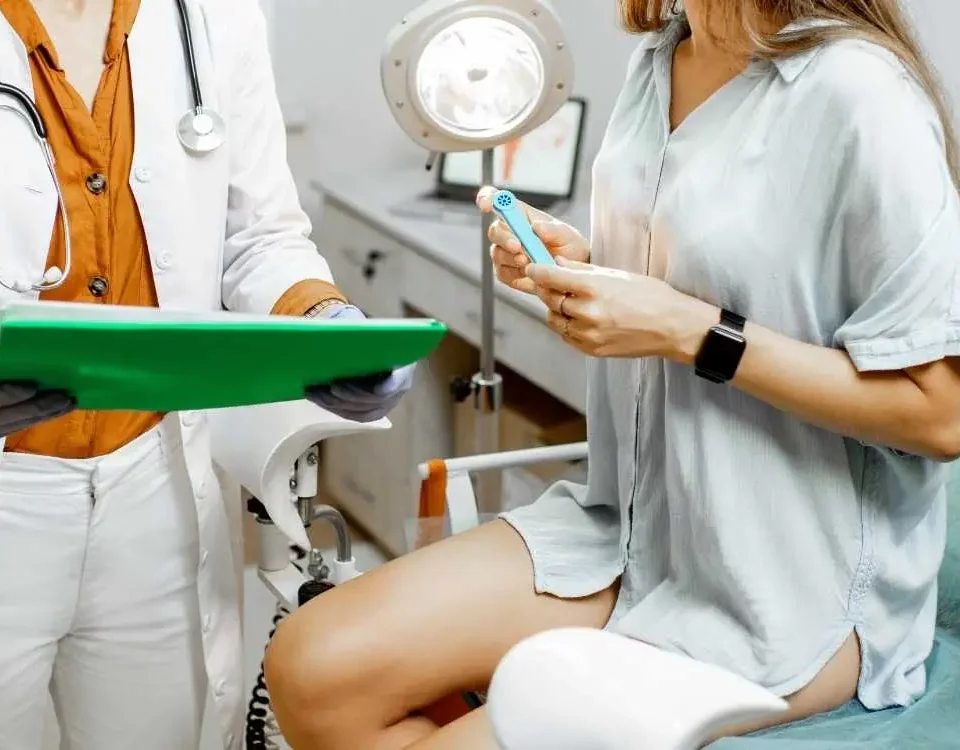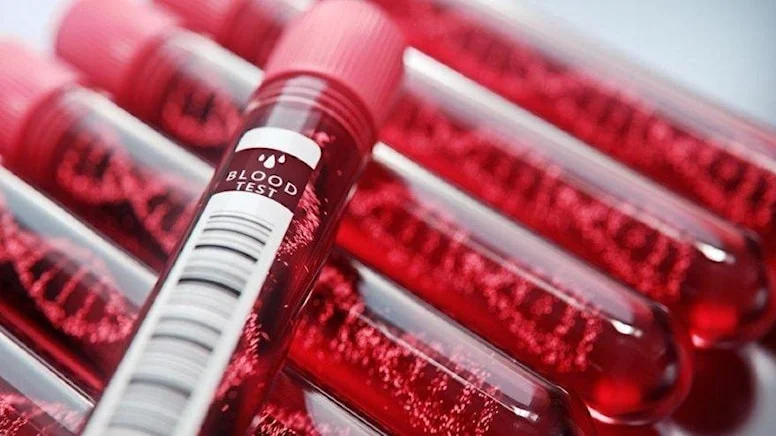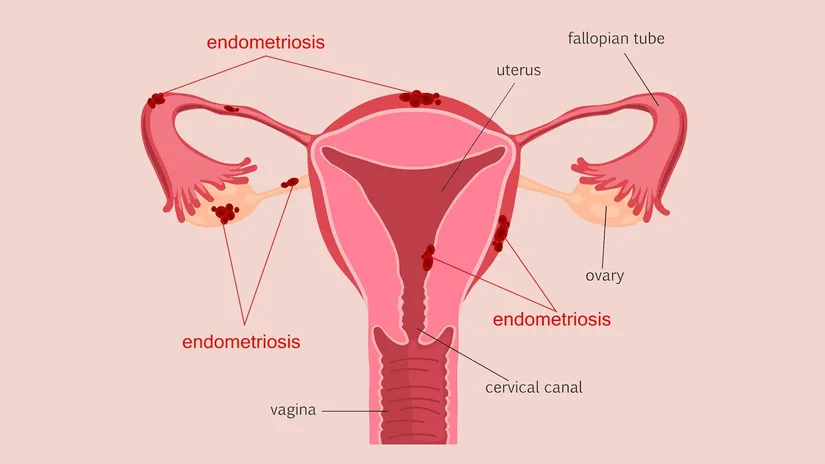When menstruation begins to approach, women may experience a number of complaints depending on their hormone levels. Some of these complaints, which usually occur in 75% of menstruating women, may be mild, while others may be serious enough to affect daily life. (Premenstrual Syndrome, PMS) These complaints, called premenstrual complaints, can sometimes be physiological, but sometimes they are caused by psychological or cultural differences.
Physical Symptoms of Premenstrual Tension Syndrome (PMS)
- Temporary weight gain
- Breast tenderness
- Digestive system disorders
- Headaches
- Muscle and joint pain
- Fatigue
- Hypersensitivity to sounds and smells
- Bleeding gums
- Insomnia
Psychological Symptoms of Premenstrual Tension Syndrome (PMS)
- Extreme irritability
- Feelings of worry and anxiety
- Impaired concentration
- State of depression
- Restlessness
Causes of Premenstrual Tension Syndrome (PMS)
Although the results of studies on the causes of PMS remain theoretical, it is generally believed that reproductive hormones can cause PMS. It is thought that the joint action of reproductive hormones and some substances (such as GABA and serotonin) that provide transmission in the nerves causes PMS. It is believed that the distribution of GABA and serotonin in the body affects the communication between nerve cells, leading to increased symptoms during this period.
Another cause of PMS is seen as stress hormones. Too much stress hormone can lead to an increase and exacerbation of the complaints experienced during PMS. In addition, magnesium deficiency or calcium excess are among the causes of the syndromes.
Who Has Premenstrual Tension Syndrome (PMS)?
PMS can occur among menstruating women in all cultures around the world. Women whose mothers had PMS are more likely to have PMS. As the woman gets older, the complaints and their intensity will decrease.
Premenstrual Tension Syndrome (PMS) Treatment
Since the cause of PMS is not known exactly, there is no complete treatment. Different treatment approaches are applied depending on the person and their life situation. Nutritional therapies such as diet, consumption of fresh fruits and vegetables in the premenstrual period, reduction of caffeine and alcohol consumption can be applied. Other treatment approaches include exercise, calcium and magnesium supplementation, psychotherapy and acupuncture.


